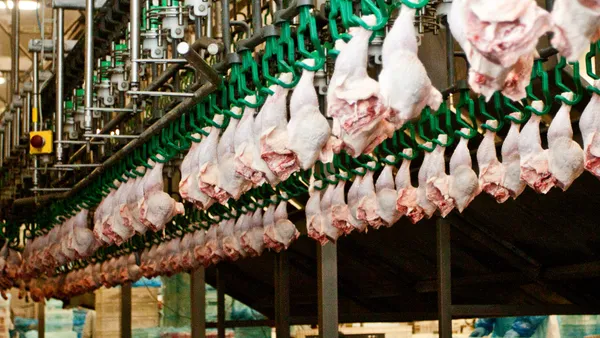Dive Brief
-
The U.S. Department of Agriculture on Friday opened a $2.2 billion financial assistance program for farmers, ranchers and forest landowners who faced discrimination accessing loans.
-
Farm loan borrowers who experienced discrimination through USDA’s lending program prior to January 2021 are eligible to apply. Payments are expected to be distributed no later than early 2024.
-
The program is part of the Biden administration’s Inflation Reduction Act, which sought to make government programs and services more accessible, accountable and equitable.
Dive Insight
For decades, critics have alleged USDA has a history of discriminatory behavior and bias against women and farmers of color.
To address some of these concerns, the Inflation Reduction Act, signed into law by President Joe Biden last August, directed the USDA to provide financial assistance to producers who have experienced discrimination through the agency’s farm lending programs.
“These funds are yet another stepping stone in the long march towards justice and an inclusive, equitable USDA,” Agriculture Secretary Tom Vilsack said in a statement in March, when the agency first shared its plans.
Eligible borrowers can apply for financial assistance at 22007apply.gov through Oct. 31, 2023. A review process is scheduled for November and December, with payments expected to reach recipients soon after.
In addition to the discrimination funds, the Inflation Reduction Act appropriated $3.1 billion to provide relief for distressed borrowers whose agricultural operations are at financial risk.
According to the U.S. Government Accountability Office, women and farmers of color have had less access to credit compared to white-owned businesses and “represent a disproportionately small share of farm loans and agricultural credit overall.” This is due to a number of factors, such as having weaker credit histories or receiving unfair treatment.
A CNN analysis showed USDA loan rejections for Black and Asian farmers actually increased at a higher rate under the Trump administration, while White farmers saw fewer rejections.











